Spiro, a Dubai-based startup driving electric mobility in Africa, has reached a $350 million valuation after a new $100 million investment led by the Fund for Export Development in Africa (FEDA), Afreximbank’s investment arm.
This funding marks a milestone for the company, now a leading African electric mobility player. It also represents one of the largest investments in Africa’s e-mobility sector, reflecting growing investor interest in affordable, clean transport solutions across the continent.
Spiro’s new capital will expand its battery-swapping network and enhance local manufacturing. It will also be deployed to facilitating market testing in Cameroon and Tanzania.
Since Kaushik Burman joined Spiro as CEO in 2023 from Gogoro, the company has expanded from operating fewer than 8,000 electric bikes in Benin and Togo to over 60,000 electric bikes and 1,500 swap stations across six countries, including Kenya, Nigeria, Rwanda, and Uganda.
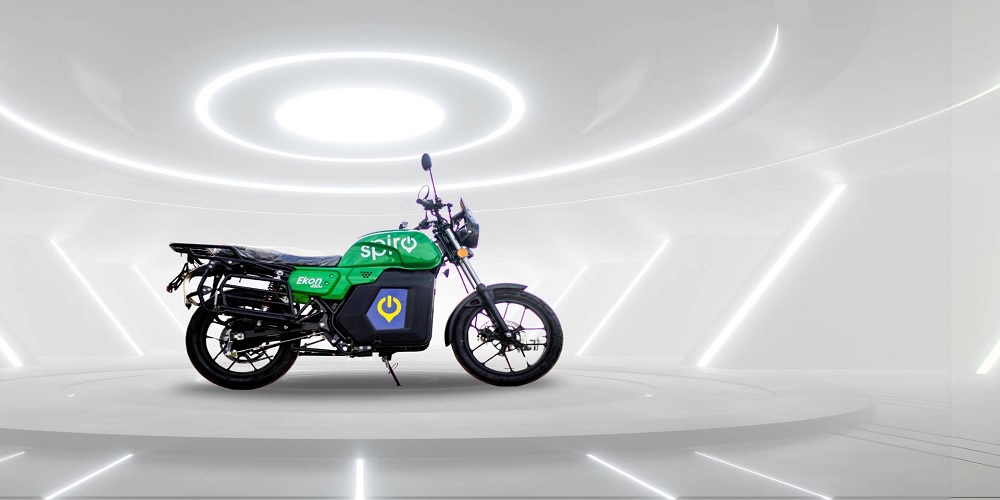
Battery swapping stations enable riders to quickly exchange depleted batteries for charged ones. This minimises downtime and maximises operational hours for commercial drivers like “okada” and “boda boda” operators.
Spiro is building a network for Africa’s transport economy
Across African cities, motorcycles are among the most common forms of public transport. They move people and goods through traffic-heavy areas and serve as a major source of income for thousands of riders. However, rising fuel costs continue to reduce daily profits for these drivers.
To meet growing demand, Spiro has built assembly and manufacturing plants in Kenya, Nigeria, Rwanda, and Uganda. These facilities assemble bikes and produce components like traction motors, controllers, and batteries.
The company assembles batteries in Kenya using its proprietary battery management system (BMS). It currently sources 30% of its materials locally and intends to increase this to 70% within two years, including locally made plastics, helmets, and brake parts.
This strategy reduces production costs and fosters local job creation. The company’s network of swap stations and maintenance centres also empowers local entrepreneurs to manage these facilities.
Spiro addresses this challenge with affordable electric motorbikes. Priced around $800, their bikes undercut petrol bikes (which cost $1,300-$1,500 in markets like Kenya and Rwanda). Operating costs are also lower, at roughly 30% less per kilometre, thanks to a battery-swapping system where riders pay only for energy used.
The company states that commercial riders can save up to $3 daily on fuel and maintenance using this model. Battery swaps have also increased significantly, from 4 million in 2022 to over 27 million in 2025.
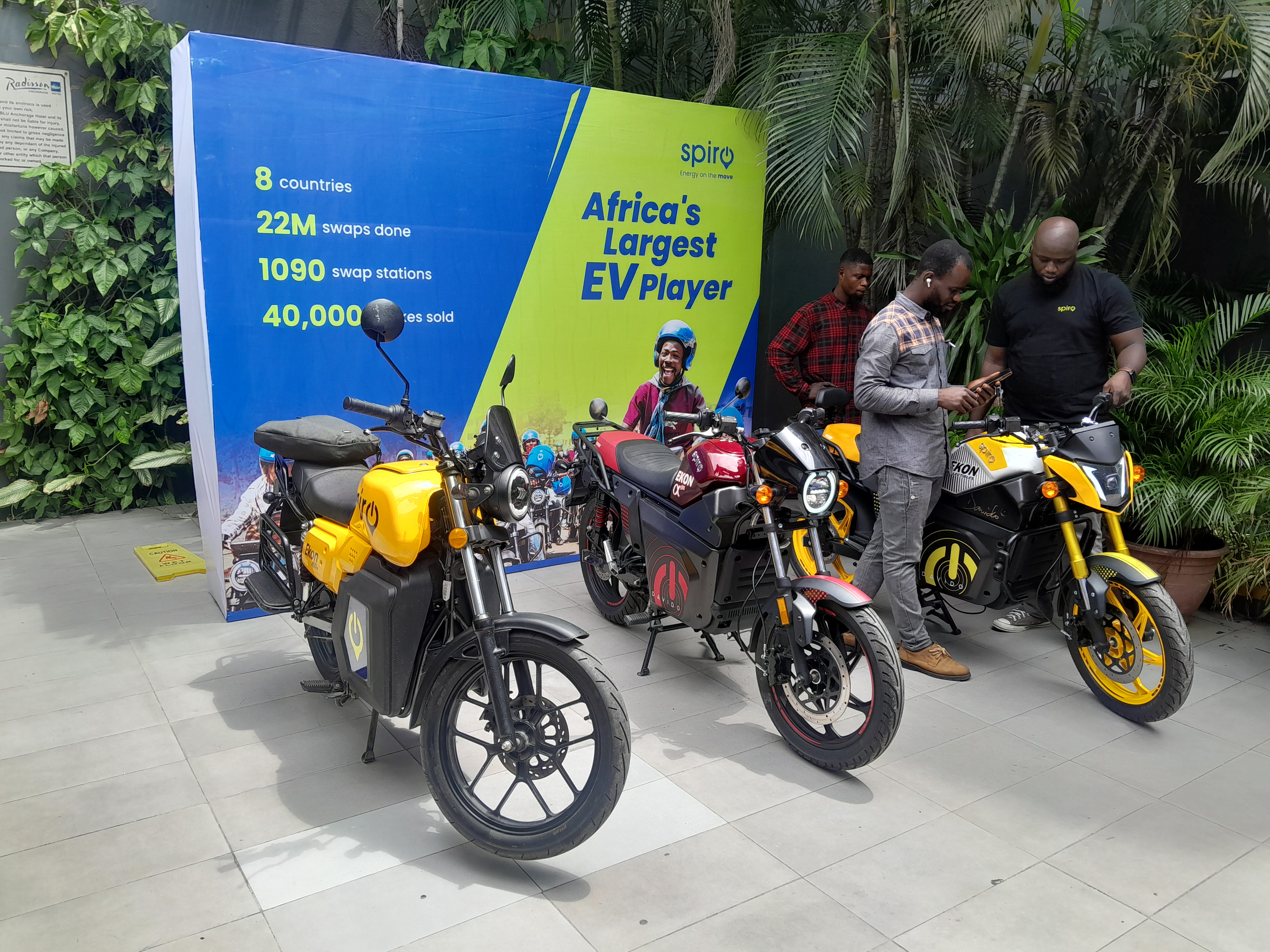
Riders can purchase or lease bikes and access recharged batteries at conveniently located swap stations in gas stations, malls, and public areas. Spiro generates revenue through bike sales and per-swap fees.
In Nigeria, the company has launched in Ogun State and established three swap stations in Abeokuta (MKO Abiola Stadium, Panseke Skating Ground, and Oke Sokori). Each station can charge 24 batteries, enabling a total of 72 simultaneous recharges.
Also read: Nigeria’s EV drive gains momentum as Spiro showcases 3 flagship bikes in Lagos
Spiro’s growth is driven by strategic partnerships with transport firms like MAX, DOT, and Onocon, as well as government agencies in its operating countries. These collaborations facilitate reliable charging infrastructure, expand clean mobility access, and generate employment.
Looking ahead
Spiro aims to deploy 100,000 electric bikes across Africa by the end of 2025, a 400% increase over last year. With this, the company aims to reduce fossil fuel dependence and improve incomes for low-earning commercial riders through affordable electric transport.
Despite the rise of e-mobility startups such as Ampersand, ROAM, Max, and BasiGo, Spiro identifies petrol motorcycles as its primary competition, as they currently dominate the African market. Africa has approximately 25 million motorcycles, while India has 320 million, despite having a similar population size.
That gap highlights the significant opportunity ahead. Spiro’s strategy addresses African realities by providing affordable electric bikes, convenient battery swaps, and power-access partnerships in every operating city.
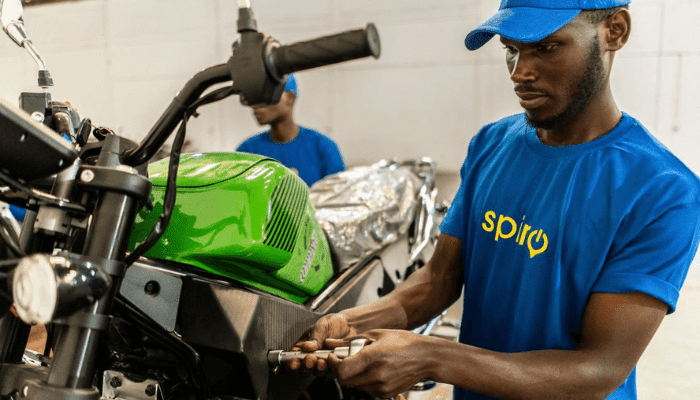
The company’s consistent growth over the past two years indicates that electric mobility can be successfully scaled when the business model caters to local needs, potentially reducing fuel costs for riders, increasing their daily earnings, and fostering a cleaner transport future in Africa.



















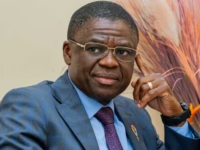


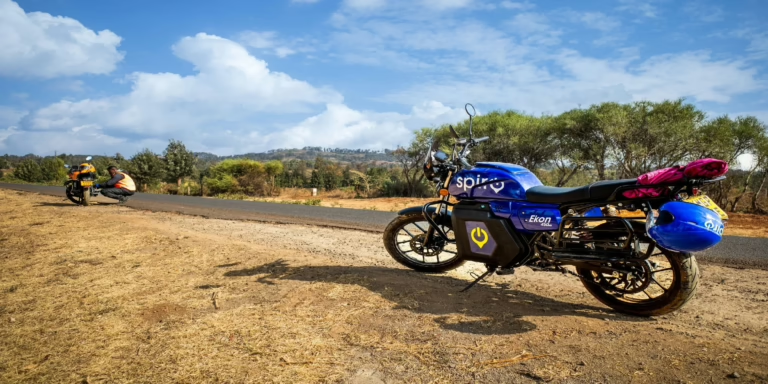
0 Comments